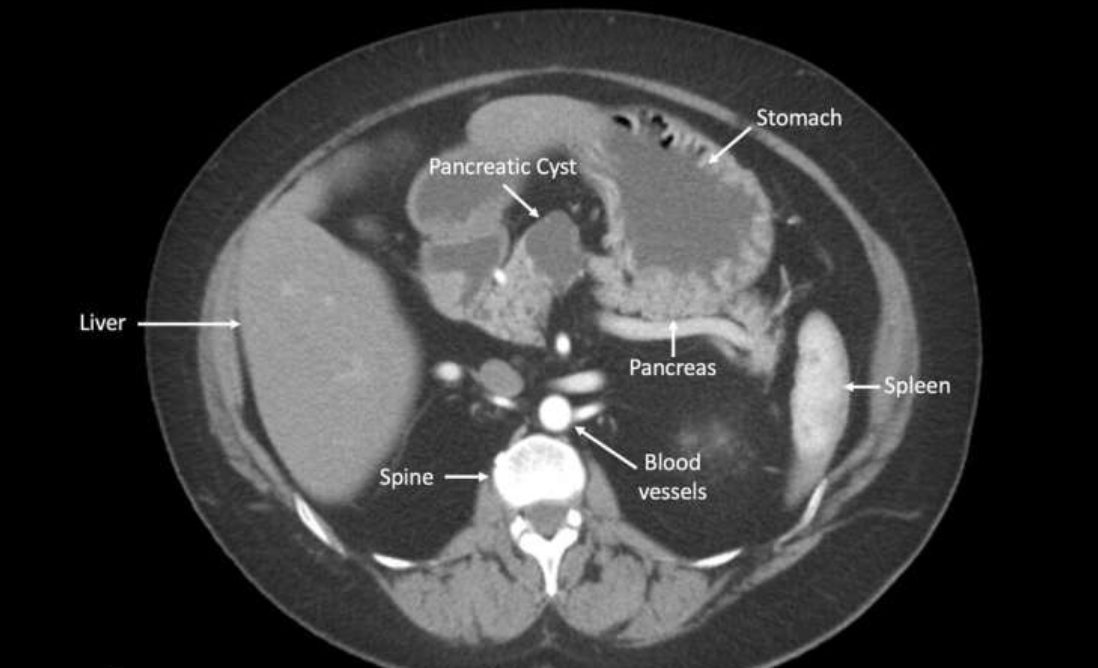CompCyst is a proof-of-concept study, led by Anne Marie Lennon at Johns Hopkins, which uses AI to more accurately determine which pancreatic cysts will become cancerous. The test evaluates molecular and clinical markers in cyst fluids, and could significantly improve detection rates vs. current clinical and imaging tests.
In the study, the researchers evaluated molecular profiles, including DNA mutations and chromosome changes, of 862 pancreatic cysts. An algorithm developed by David Masica classified patients into the three groups: those with no potential to turn cancerous, for which patients would not require periodic monitoring; mucin-producing cysts that have a small risk of progressing to cancer, for which patients can receive periodic monitoring for progression to possible cancer; and cysts for which surgery is recommended because there is a high likelihood of progression to cancer.
Based on histopathological analysis of surgically resected cysts, the researchers found that surgery was not needed in 45% of patients. This unnecessary surgery was performed because the clinicians could not determine the cysts were dangerous. If CompCyst had been used, the researchers estimated that 60% to 74% of the patients (depending on the cyst type) could have been spared unnecessary intervention.
Join ApplySci at the 12th Wearable Tech + Digital Health + Neurotech Boston conference on November 14, 2019 at Harvard Medical School featuring talks by Brad Ringeisen, DARPA – Joe Wang, UCSD – Carlos Pena, FDA – George Church, Harvard – Diane Chan, MIT – Giovanni Traverso, Harvard | Brigham & Womens – Anupam Goel, UnitedHealthcare – Nathan Intrator, Tel Aviv University | Neurosteer – Arto Nurmikko, Brown – Constance Lehman, Harvard | MGH – Mikael Eliasson, Roche – David Rhew, Samsung
Join ApplySci at the 13th Wearable Tech + Neurotech + Digital Health Silicon Valley conference on February 11-12, 2020 at Stanford University featuring talks by Zhenan Bao, Stanford – Rudy Tanzi, Harvard – David Rhew, Samsung – Carla Pugh, Stanford – Nathan Intrator, Tel Aviv University | Neurosteer
